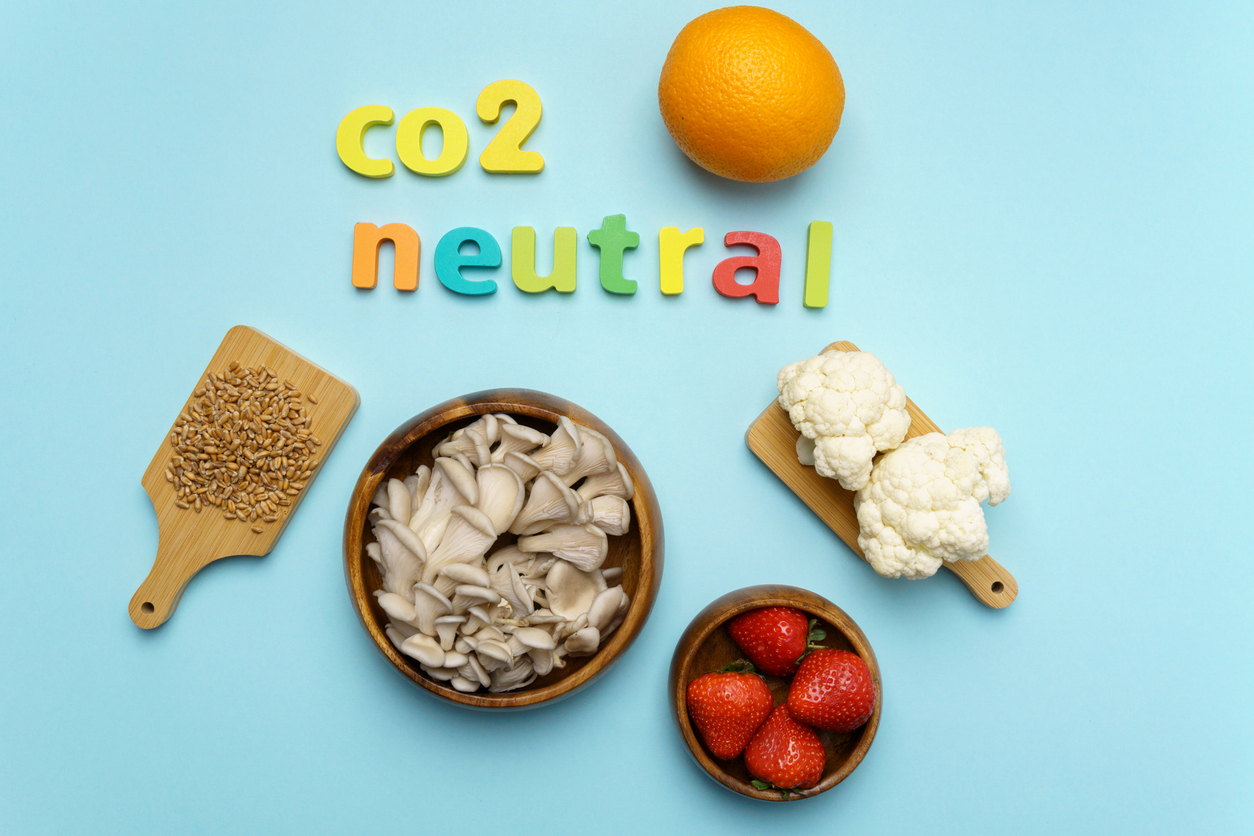A new EU-funded report by agrifood lobby groups has recognized the urgent need to reduce meat consumption and transition to plant-based diets in order to safeguard the future of food and farming amidst the growing climate crisis. The report, presented to EU Commission President Ursula von der Leyen, calls for the creation of an EU-wide Plant-Based Action Plan by 2026
A United Call for Change
In an unprecedented collaboration, 29 organizations—including farmer lobbies and green advocacy groups—came together to issue a joint report as part of the Strategic Dialogue on the Future of EU Agriculture. The report highlighted that continuing with “business as usual” is no longer viable for European farmers and stressed the need for bold and timely policy reforms. These reforms are necessary to address challenges such as climate change, biodiversity loss, soil degradation, inflation, and public health concerns.
“We must do more—and we will do more—to protect our farmers and make the agrifood system more resilient, competitive, and sustainable,” von der Leyen said upon receiving the report.
Reducing Meat Consumption and Promoting Sustainable Diets
A key finding of the report is that average protein consumption in the EU—especially from animal sources—far exceeds the dietary recommendations of public health bodies. To address this, the report calls for a collaborative effort between consumer organizations, NGOs, health services, and local authorities to promote sustainable, balanced, and healthy diets. This includes raising awareness about the environmental and health benefits of plant-based diets. One suggested measure is providing free plant-based meals for primary school children, alongside implementing nutrition education programs at an early age to foster food literacy. The report also urged the EU Commission to explore updating its current school meal scheme—which promotes dairy and animal-based products—to encourage more climate-friendly food options.
Aligning Policies for a Sustainable Future
The report further recommends that the EU and its member states revise food-based dietary guidelines to integrate sustainability and promote plant-based foods. Germany and Austria have already updated their dietary guidelines this year to reflect climate-friendly eating patterns, setting an example for the rest of the bloc. Additionally, the report emphasized the importance of diversifying agricultural practices, encouraging the use of a wider variety of food crops, breeds, and production methods. It stressed that the EU’s food promotion policies must align with health and sustainability goals, ensuring coherence across multiple policy areas.
The Role of Alternative Proteins and Labelling
While the report did not set specific targets for reducing meat production, it did recommend that the EU update its food labeling regulations to help consumers make informed choices about sustainability and animal welfare. The current EU regulations do not allow terms like “milk” and “cheese” on plant-based product labels, a rule that could be reconsidered under the new action plan. The report also suggested that the EU Commission publish new legislation on restricting the marketing of unhealthy, high-fat, sugary, and salty foods to children. It further proposed tax incentives, such as VAT reductions, to ensure that healthier and more sustainable food options are accessible to all consumers.
Support for Farmers in Transition
Acknowledging the impact of the climate crisis on farmers, the report calls for a “just transition” to plant-based agriculture, including the establishment of a temporary Agrifood Just Transition Fund. This fund would provide grants and loans to help farmers transition away from animal agriculture toward more sustainable plant-based farming practices. It also recommends offering separate payments to farmers who adopt sustainable practices, managed jointly by agricultural and environmental authorities. These payments would incentivize greener farming methods, independent of existing EU environmental laws.
Looking Ahead
The recommendations of the report will feed into the EU’s agrifood roadmap, which von der Leyen plans to present within the first 100 days of her new mandate. While the findings have been welcomed by environmental advocacy groups, there is cautious optimism regarding whether these suggestions will translate into actual policy. With agriculture accounting for 11% of the EU’s greenhouse gas emissions—84% of which comes from livestock—the call for a shift towards plant-based diets is seen as a critical step in combating climate change. The current imbalance in agricultural subsidies, where animal farming receives four times more funding than plant-based farming, underscores the urgency for reform. The report marks a significant milestone in the EU’s efforts to tackle climate change through agriculture. However, the true test will lie in how swiftly and effectively these recommendations are implemented across the bloc.
For more information:

